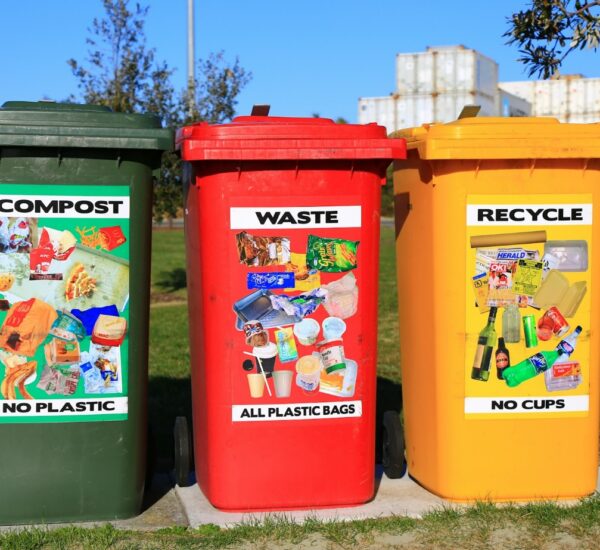-
What is this?
The City of Memphis receives more than 170, 000 service request calls a year through the 311 Citizen Service Center. This page examines the response time for the most frequently requested services for garbage, recycling and anything else left by the curb for the City to collect.
-
Why does it matter?
When Memphians call the City to take care of a problem, they expect that the City will take care of that request as quickly as possible. For solid waste issues, time is a critical factor because garbage and other items can produce odors, attract pests, and create a blighted neighborhood environment.
-
Who is responsible?
City of Memphis Public Works Division’s Solid Waste Management Department
-
How do we measure performance?
For each service request, we determine a specific, promised response time for that task and strive for our average response time to meet or beat that promised level of service.
How do we measure speed of response times for solid waste requests?
When someone calls 311 or enters a ticket online, we file that as a service request. For each requested service, the City has developed a service level agreement (SLA), a response timeframe within which Memphians can expect their issue to be addressed. We measure the amount of time that elapses between when the request is made and when it is fulfilled.
Here’s how it works for solid waste: Anything that has to do with garbage, recycling, curbside trash and debris, or dead animal collection is sent to the Solid Waste Management department of Public Works. The service requests are scheduled according to service routes, equipment availability and manpower, with a view toward meeting our service level agreement. When the task is complete, the service request is closed. At that point, we can see how long it took to deliver service, whether the service request was met and how that response impacts our average. We continually strive to lower our average response time, even below the set service level agreement.
In the charts below, every request that meets the SLA is depicted in green, anything just past the SLA is in yellow, and anything that is significantly delinquent is shown in orange.
How quickly is the City responding to solid waste requests?
For four of the six most frequent requests, the City’s average response meets or improves upon the designated SLA. The City is particularly responsive for items where odor or sanitation is a heightened concern. Fixing a garbage cart, replacing a garbage cart, starting garbage service and dead animal collection are averaging well below the promised response time. Curbside trash that is too big for the garbage bin sometimes involves additional, specialized equipment to be hauled away. The SLA for curbside trash and picker piles is 21 days. In both cases, the City falls behind a bit in the fall months, but the average response time generally beats the SLA.
The City currently takes 8-10 days to close a request for missed garbage or recycling, exceeding the 7 day SLA. Also, a request for a recycling bin takes too long and needs to be reduced from the current trend of 16 to 20 days for delivery to the SLA of 14 days.
How is the City of Memphis working to improve speed of resolving service requests for solid waste?
The City of Memphis is working on two initiatives to improve efficiency in solid waste removal. The Solid Waste Management team is evaluating their dispatching practices to assess if service requests could be more expediently resolved. Additionally, the City is testing new software that would be most heavily used by Public Works. This software would reduce data entry delays and errors that can lead to unresolved requests or mistakes in response.
Further, the City of Memphis wants to improve communication, transparency and accountability for its response to all service requests. This dashboard shows how the City is doing at a high level, aggregating all requests into these charts and reports. If you want to check on the status of your specific request, or the status of work being done in your neighborhood, you can log onto the 311 iTracker and take a look at each of the existing service requests in the City at any given time.




